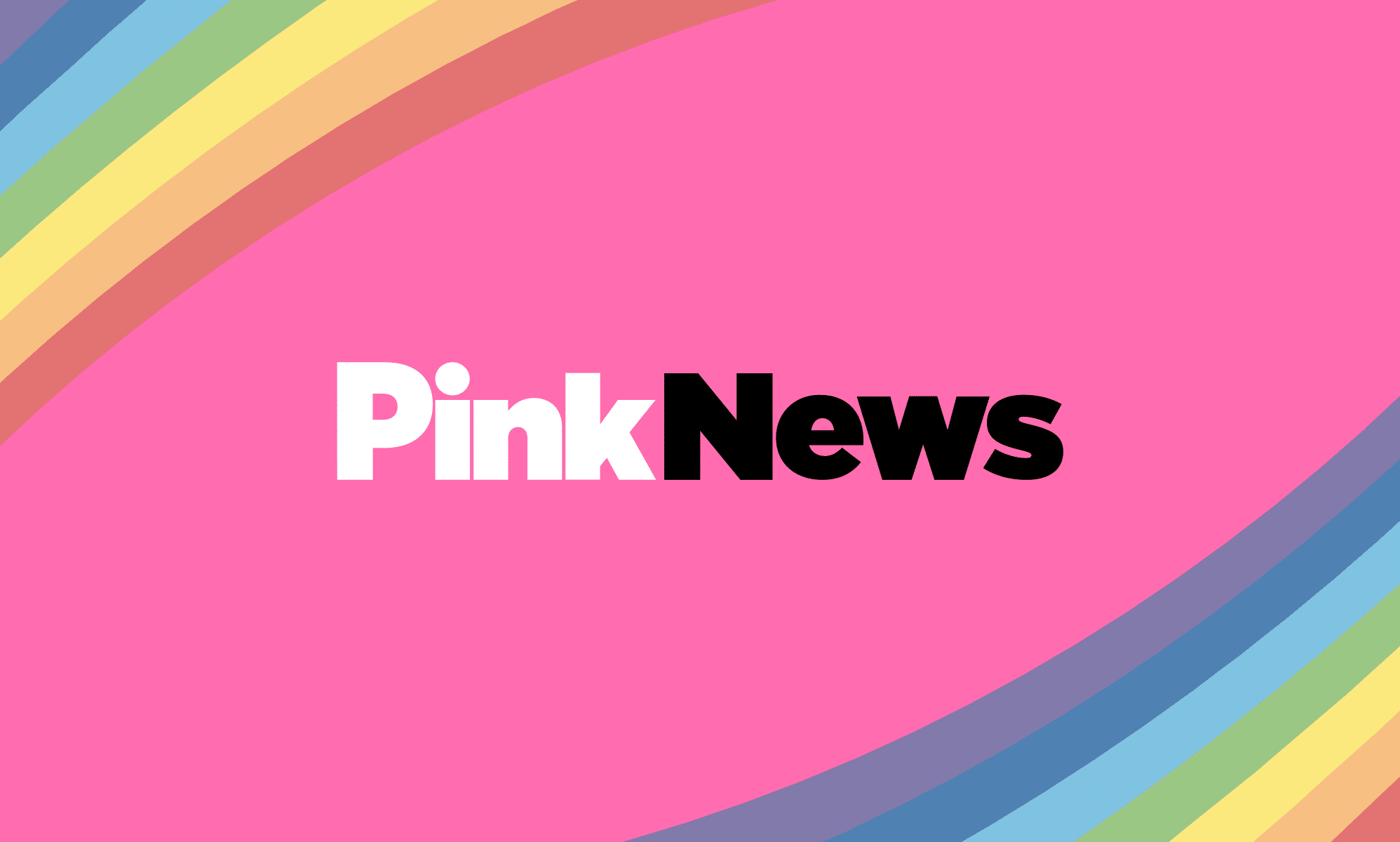Broadcast regulator: Viewers are now less tolerant of slurs like ‘fudge-packer’

Broadcast regulator Ofcom has hinted at a stronger stance on homophobic and transphobic language.
The UK’s media watchdog today published the findings of a study on people’s attitudes towards potentially offensive language and gestures in broadcasting.
The study, which will feed into creating “standards which provide adequate protection to audiences from offensive and harmful content on TV and radio”, included an analysis of a number of homophobic and transphobic terms.
Participants were asked to categorised the terms into a list, from the least offensive category (which is permissible in some contexts) to the most (which is more heavily regulated).
Warning: The below list contains extremely offensive language

They found that nearly all homophobic and transphobic terms were considered towards the extreme end of the scale, with words like ‘gay’ and ‘fairy’ permissible based on context.
The study explains: “Most of these derogatory terms, relating to either sexual or gender identity, were seen as very problematic by all participants who recognised them.
“As a category, they were viewed as insulting, derogatory and discriminatory. As with some racist terms, many participants could not envisage how the stronger words could be used in a non-discriminatory way.
“Words like ‘bummer’, ‘fairy’ and ‘pansy’ were medium in terms of acceptability.
“Participants thought of these words as rather dated and not often used now in a derogatory sense. However, they were still seen as potentially problematic when intended to insult gay people.
“Many pointed out that some of these words are now used in the gay community in a humorous way. This meant that they were not always used as insults, thereby complicating decisions about acceptability and making context particularly important.
“Words such as ‘dyke’, ‘poof’ and ‘rugmuncher’ were seen as strong and problematic. Participants objected to these types of words on the basis of being intentionally hurtful towards LGBT people.
“The terms were seen as generally unacceptable except in specific circumstances. For instance, as mentioned in the debated words section, some of these sexual orientation words like (such as ‘poof’, ‘queer’, and ‘dyke’) were seen as having been ‘reclaimed’ by the people they were originally intended to insult as expressions of their identity. In these circumstances the words were not considered offensive.
“Terms such as ‘batty boy’, ‘chick with a dick’, and ‘faggot’ were seen as among the strongest language, and much more likely to be used as insults.
“Many participants argued these were mostly unacceptable in society in general as they are particularly discriminatory and derogatory.
“As a result, they were seen as potentially problematic when broadcast on TV and radio, with their acceptability highly dependent on the context. In part, participants wanted to avoid children coming across these words, but there were also powerful concerns about protecting gay and transgender people from being offended or insulted.”
The study also asked panels of LGB and transgender people about the terms, finding that “words that they saw as milder homophobic language were acceptable if they were used in a descriptive rather than an insulting way [but] stronger homophobic language like ‘dyke’, ‘batty boy’, ‘faggot’, ‘fudge-packer’ and ‘rugmuncher’ required significant contextual justification.”
The study noted: “Participants’ responses suggested that their views on the acceptability of this type of offensive language on TV and radio differed from their response to the non-discriminatory offensive language.
“In general, discriminatory language was seen as potentially more problematic than more general offensive language.
“Views of acceptability of this type of offensive language were less influenced by the time of broadcast.
“A number of participants considered that stronger forms of discriminatory language were potentially unacceptable both before and after the watershed (although context was an important factor).
“As a result, it was more difficult,with discriminatory language, to draw general conclusions about the acceptability of these words before and after the watershed.
“In general, however, participants expected broadcasters to exercise particular care regarding the broadcast of the strongest discriminatory language.”
Earlier this week, a re-aired comedy skit from 2008 containing transphobic jokes was banned by the regulator – despite being cleared at the time of first broadcast.

